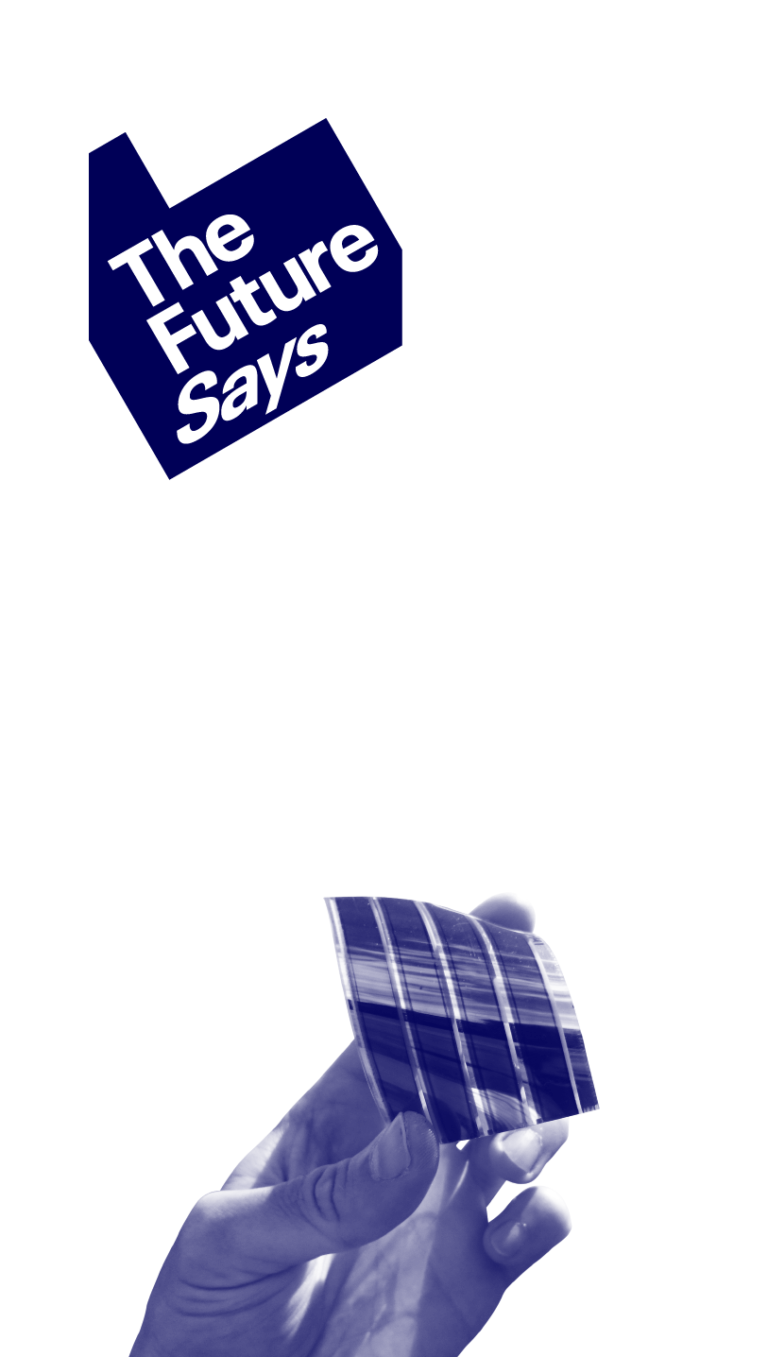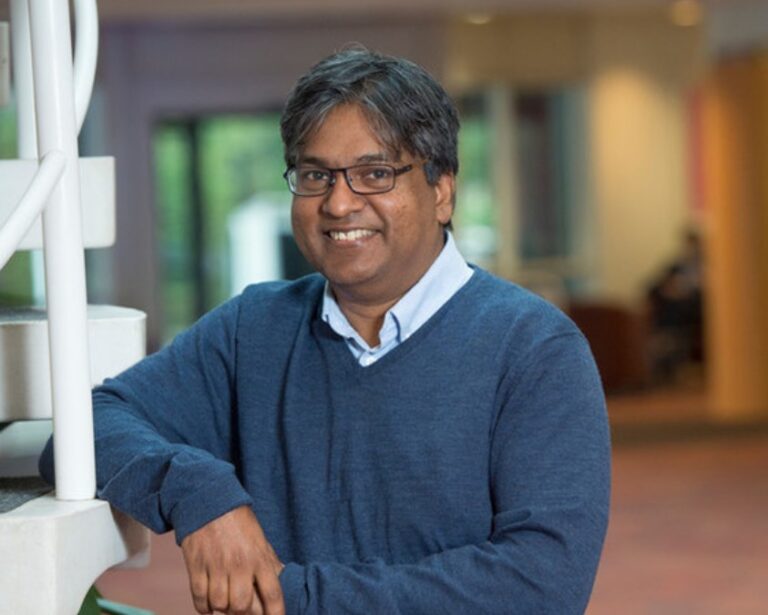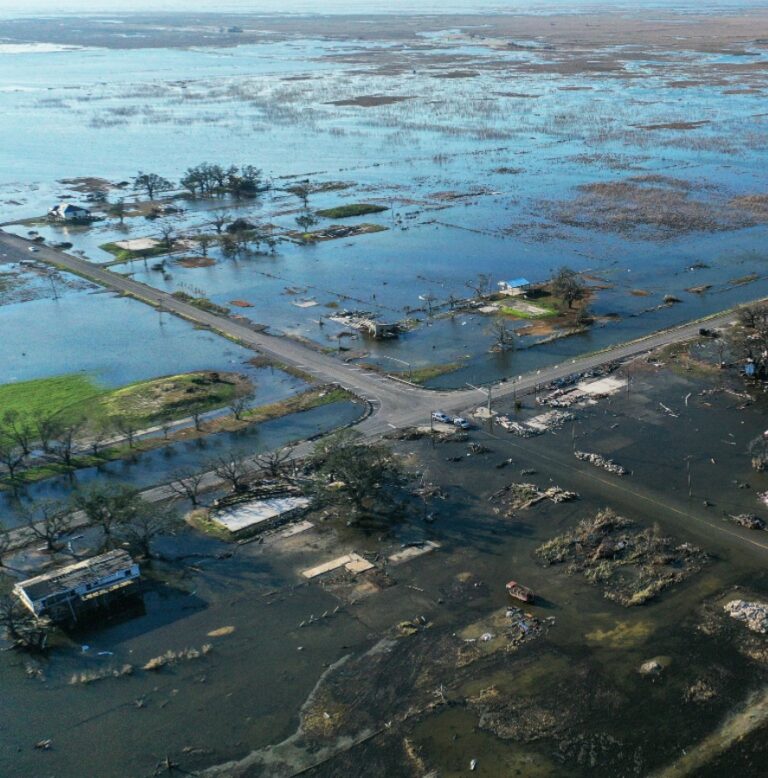

The Future Says clean energy for all
Clean energy for all
One hour of the Sun’s energy could power Earth for a year. Our research into next-generation solar energy will help make this a reality.
What’s the problem?

“The science is beyond doubt – the production and use of fossil fuels remains a major factor driving climate change,” says Professor Ravi Silva, Director of Surrey’s Advanced Technology Institute. “However, the world at large still uses nearly 80% of fossil fuels in its energy mix.
“Meanwhile, the Sun transfers enough energy to Earth in one hour to power the planet for a year. The solution is obvious.
“We need to invest in a sustainable and clean energy source such as solar to power our world – or we won’t have one that’s fit for human habitation.”
What we’re trying to do
Energy generated from solar power and wind farms is less harmful to the environment and it will be cheaper for the consumer – and our innovative technology is making it happen.
“At Surrey, we’re developing the next generation of solar energy capture and storage technology,” says Ravi. “It doesn’t accelerate climate change and it will be cheaper for the consumer.”
This involves developing perovskite photovoltaics (PPVs) over large surface areas. While initial advances in silicon photovoltaics paved the way for cheaper solar energy, it’s PPVs that could be a major game-changer.
This exciting thin film nanotechnology can support further cost reduction with its high efficiencies in energy capture and, because of its flexible nature, it’s much more versatile in its potential surface applications.
“Our researchers are close to replacing solar panels with something as thin and versatile as clingfilm,” adds Ravi. “The implications for this new technology are huge.”
Who's involved?

Professor Ravi Silva CBE
Professor Silva heads up the team of more than 160 researchers, scientists and academics at our Advanced Technology Institute, where much of our work on solar energy capture and storage takes place. This world-leading research centre brings together experts in quantum information, nanotechnology, energy and advanced materials.
Ravi was awarded a CBE for services to science, education and research in 2021. An expert in solar cells, carbon electronics and nanotechnology, he has conducted major research projects in China, India, Sri Lanka and the UK.
His many accolades include the 2018 Institute of Physics James Joule Medal and Prize for contributions to sustainable energy research.
Why we need your help
We’re looking to fund a three-year project to develop the concept of clean energy for all using PPVs over large surface areas.
We also want to create a 20-acre solar farm to power parts of the University and Guildford, enabling us to meet our ambitious Net Carbon Zero By 2030 pledge. This facility will allow prototype testing of low-cost solar PPVs against leading industry brands, followed by additional prototype testing in parts of the developing world.

“With the impact of climate change felt on an alarmingly regular basis, the stakes are high when it comes to developing these technologies. But my confidence in the research community is higher.”